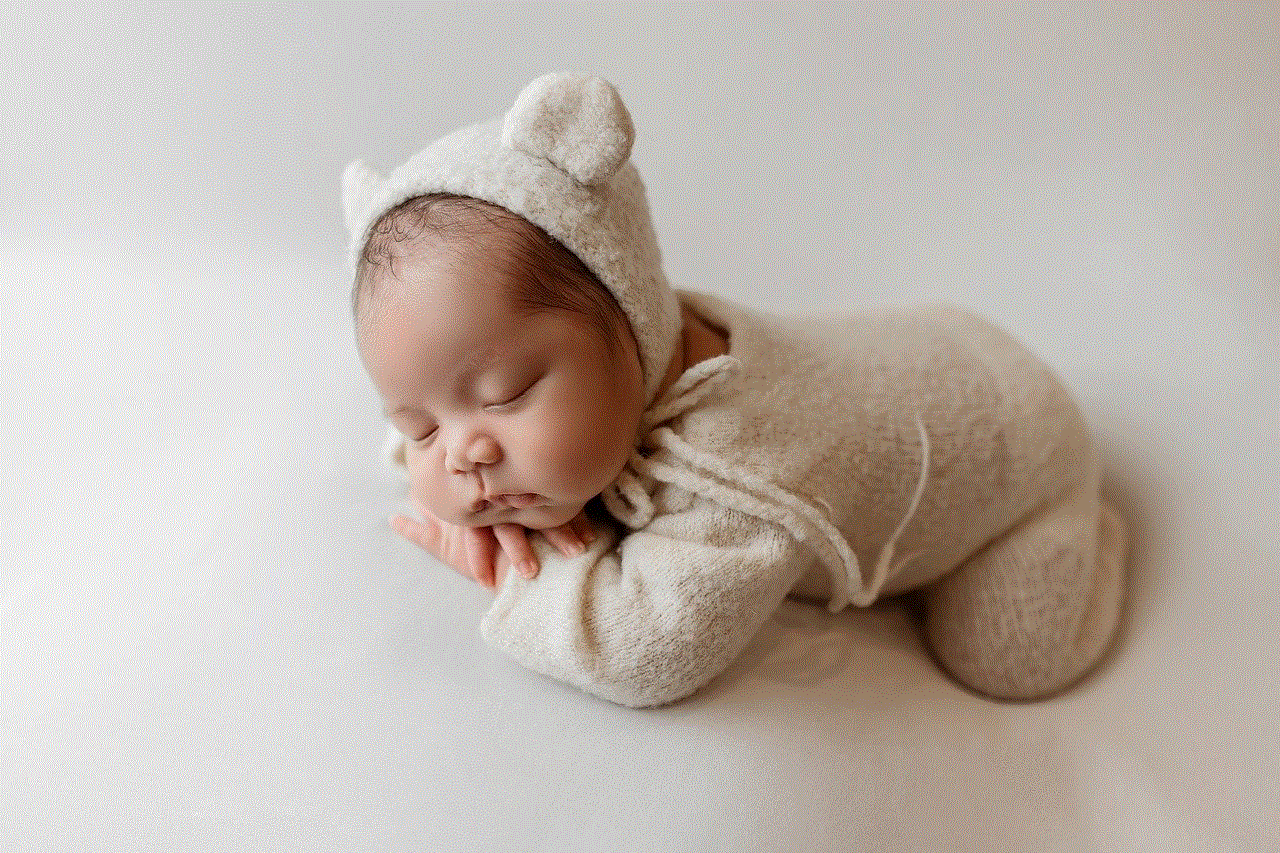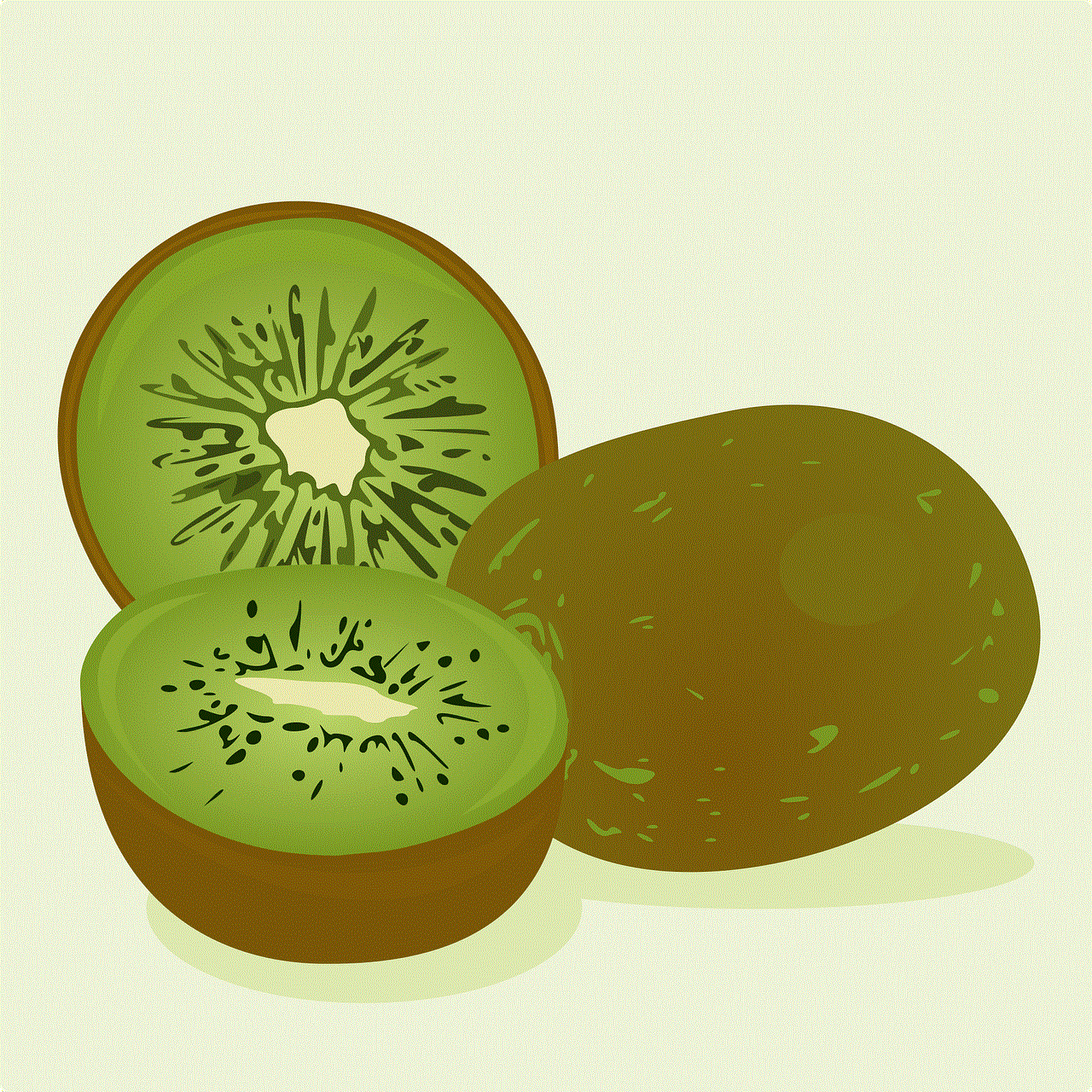cash app scams on instagram
In today’s digital age, social media has become an integral part of our lives. It has revolutionized the way we connect and communicate with others, and has also opened up new avenues for businesses and individuals to promote themselves and their products. However, with the rise of social media, there has also been an increase in the number of scams and fraudulent activities targeting unsuspecting users. One such platform that has been targeted by scammers is Instagram , and one of the most common scams on this platform is the “cash app scam”. In this article, we will delve deeper into what this scam is all about and how you can protect yourself from falling victim to it.
What is the Cash App?
Before we dive into the details of the scam, let’s first understand what the Cash App is. The Cash App is a peer-to-peer payment platform that allows users to send and receive money from friends and family. It was launched in 2013 by Square Inc. and has gained popularity over the years for its convenience and ease of use. With the Cash App, users can link their bank accounts or debit/credit cards to their account and make payments or transfer money with just a few clicks.
What is the Cash App Scam?
The Cash App scam is a type of social media scam that targets users of the Cash App. Scammers create fake accounts on Instagram , pretending to be Cash App representatives or users who have won a cash prize. They use various tactics to lure innocent users into sending them money or downloading malicious software onto their devices.
One common tactic used by scammers is to offer users a chance to win a large sum of money by simply downloading a mobile app or completing a survey. They may also claim to be giving away free money to random users as part of a promotion or contest. These posts are usually accompanied by fake screenshots of users who have supposedly received the money, making it seem more legitimate.
How Does the Cash App Scam Work?
The Cash App scam works by preying on people’s greed and trust. Scammers create fake accounts on Instagram, often using the Cash App logo and name to make it seem more authentic. They then post images or videos claiming that they have received a large sum of money through the Cash App and that others can also receive the same amount by participating in their fake promotion.
Once a user falls for the scam and contacts the fake account, the scammer will ask them to send a small amount of money to “verify” their account or to cover a processing fee. The user is promised that they will receive a much larger sum of money in return. However, once the money is sent, the scammer disappears, and the victim is left with no way to retrieve their money.
In some cases, scammers may also ask users to download a mobile app, claiming that it is necessary to receive the money. These apps may contain malicious software that can steal personal information from the user’s device or even take control of it.
How to Protect Yourself from Cash App Scams on Instagram?
1. Always be cautious of offers that seem too good to be true. Remember, if it sounds too good to be true, it probably is.
2. Do not send money to anyone you do not know or trust. The Cash App does not require users to pay any fees to receive money, so if someone asks you to do so, it is most likely a scam.
3. Verify the account. If you receive a message from someone claiming to be an official Cash App representative, verify their account by checking the official Cash App website or contacting customer support.
4. Be wary of fake promotions. The Cash App does not run any promotions on Instagram, so if you come across one, it is most likely a scam.
5. Do not download any apps unless they are from a trusted source. Scammers may ask you to download a mobile app to receive the money, but these apps can contain malware or steal personal information from your device.
6. Do not share your personal or financial information with anyone. The Cash App will never ask for your login credentials or credit/debit card information.
7. Report suspicious activity. If you come across a suspicious account or post on Instagram, report it to the platform and warn others about it.
8. Regularly check your account activity. Keep an eye on your Cash App account and report any unauthorized transactions immediately.



9. Educate yourself. Stay informed about the latest scams and how to protect yourself from them. The more you know, the less likely you are to fall victim to a scam.
10. Use a strong and unique password. This may seem obvious, but using a strong password for your Cash App account can prevent scammers from gaining access to it.
Conclusion
The Cash App scam on Instagram is a growing problem that has affected many users. Scammers are becoming more sophisticated in their tactics, making it harder for users to spot the red flags. It is essential to remain vigilant and follow the tips mentioned above to protect yourself from falling victim to this scam. Remember, the Cash App will never ask you to send money or share your personal information to receive money, so if you come across such requests, it is most likely a scam. Stay safe and be cautious when using social media platforms, and if you do fall victim to a scam, report it immediately.
what’s your 20 meaning
“What’s your 20?” is a phrase that has been used for decades in radio communication, particularly among truckers. But what does it really mean? And why has it become such a common phrase in the trucking industry? In this article, we will dive deep into the origins and meanings of “what’s your 20”, as well as its significance in the trucking world.
First and foremost, “what’s your 20” is a question used to inquire about someone’s location. It is a code for asking “where are you?”. This code was developed by the United States Federal Communications Commission (FCC) in the 1930s as a way to improve communication between radio operators. The FCC assigned specific codes for different questions and messages to be used in radio communication, with “what’s your 20” being designated for location inquiries.
The origin of this phrase can be traced back to the early days of CB (Citizens Band) radio, which became popular in the 1960s. CB radio was initially used by truckers to communicate with each other while on the road, as it was a convenient and cost-effective way to stay connected. During this time, truck drivers were required to have a CB radio in their vehicles, and they were assigned unique call signs that they used to identify themselves on the airwaves.
As truckers began to use CB radio more frequently, they developed their own slang and lingo to communicate with each other. This was partly due to the limited range of CB radios, which made it difficult for truckers to understand each other’s words clearly. As a result, they started using codes and abbreviations to convey their messages more efficiently. “What’s your 20” was one of the codes that gained widespread use among truckers, and it quickly became a standard phrase in the trucking community.
But why is “what’s your 20” specifically used to ask about location? The answer lies in the code itself. The number 20 in the code refers to the 20th channel on the CB radio, which is the frequency that is used for transmitting and receiving location information. So when someone asks “what’s your 20”, they are essentially asking which channel the person is on and where they are located.
Apart from its practical use in radio communication, “what’s your 20” has also become a popular phrase in pop culture. It has been featured in various movies, TV shows, and songs, which has contributed to its widespread recognition. One of the most famous examples is the song “Convoy” by C.W. McCall, which was released in 1975 and reached number one on the Billboard charts. The catchy chorus of the song goes, “



what does it mean when someone says word
When someone says “word,” it can have various meanings depending on the context and the tone of voice. It is a versatile word that can express agreement, disbelief, or simply serve as a filler in a conversation. In the English language, the word “word” has been used since the 9th century and has evolved to have multiple connotations. It is a word that can be traced back to its roots in Old English, where it was originally spelled as “word,” and meant “speech, talk, or utterance.”
In modern times, the word “word” has become a part of our everyday language, used in a variety of situations. It is a word that is often used in slang and has taken on a new meaning with the rise of social media and technology. In this article, we will explore the different meanings of the word “word” and how it has evolved over the years.
The most common use of the word “word” is to express agreement or confirmation. You might have heard someone say, “Word, that sounds good” or “I agree, word.” In this context, the word “word” serves as a synonym for “yes” or “I understand.” It is a simple and efficient way to show your approval or understanding without having to use a complete sentence. This usage of the word has been around for decades and has become a part of our everyday language.
Another common use of the word “word” is to express disbelief or surprise. For example, if someone tells you something shocking, you might respond with “Word?!” This usage of the word is more prevalent in the African American community, where it has been used as slang since the 1990s. It is often used to express skepticism or shock and has become a popular phrase in pop culture, thanks to its usage in music and movies.
In addition to its use in spoken language, “word” has also become a popular term in the digital world. With the rise of social media and texting, “word” has taken on a new meaning. It is often used to signify that someone has read or understood a message. For instance, if you receive a text from a friend and you want to acknowledge that you have read it, you might respond with “word.” This usage has become quite common among millennials and Gen Z, who are always looking for ways to shorten their messages and communicate quickly.
The word “word” has also become a part of popular internet slang, where it is used to express agreement, excitement, or support. For example, if someone posts a picture on social media, and you like it, you might comment with “word” to show your approval. Similarly, if someone shares an opinion that you agree with, you might respond with “word” to show your support. This usage of the word has become quite popular, especially among young people who are always looking for ways to express themselves creatively.
Apart from its use in conversation, “word” has also taken on a new meaning in the world of music. It is often used as a slang term for lyrics or a song. For instance, if someone asks you what your favorite song is, you might respond with “my word,” meaning your favorite lyrics or song. This usage of the word has been popularized by hip-hop and rap artists, who often use it in their music.
The word “word” has also been used as a verb, meaning to communicate or express in words. For example, if someone asks you to “word it differently,” they are asking you to rephrase or communicate in a different way. This usage of the word is more common in formal settings, such as business meetings or academic discussions. It is a versatile word that can be used as a verb, noun, or even an interjection.
In some cultures and religions, the word “word” holds a significant meaning. For instance, in Christianity, the word “word” is used to refer to the Bible or the teachings of Jesus Christ. In Islam, the word “word” is used to refer to Allah and his teachings. These religious connotations have been around for centuries and have shaped our understanding and usage of the word “word.”



In addition to its use in spoken language, the word “word” has also been used in literature. It is often used as a literary device to create emphasis or draw attention to a particular word or phrase. For example, in the famous Shakespearean quote, “The pen is mightier than the sword,” the word “word” is used to emphasize the power of words. This literary usage of the word can be found in various works of literature, from poems to novels, and has been used by writers to add depth and meaning to their writing.
In conclusion, the word “word” has a rich history and has evolved to have various meanings and connotations. From its origins in Old English to its usage in modern slang and technology, the word has come a long way and has become a part of our everyday language. It is a word that can express agreement, disbelief, or simply serve as a filler in a conversation. It is also a word that has been used in literature and religion, solidifying its place in our culture. So the next time someone says “word,” pay attention to the context and tone of voice, and you’ll be able to decipher its meaning.